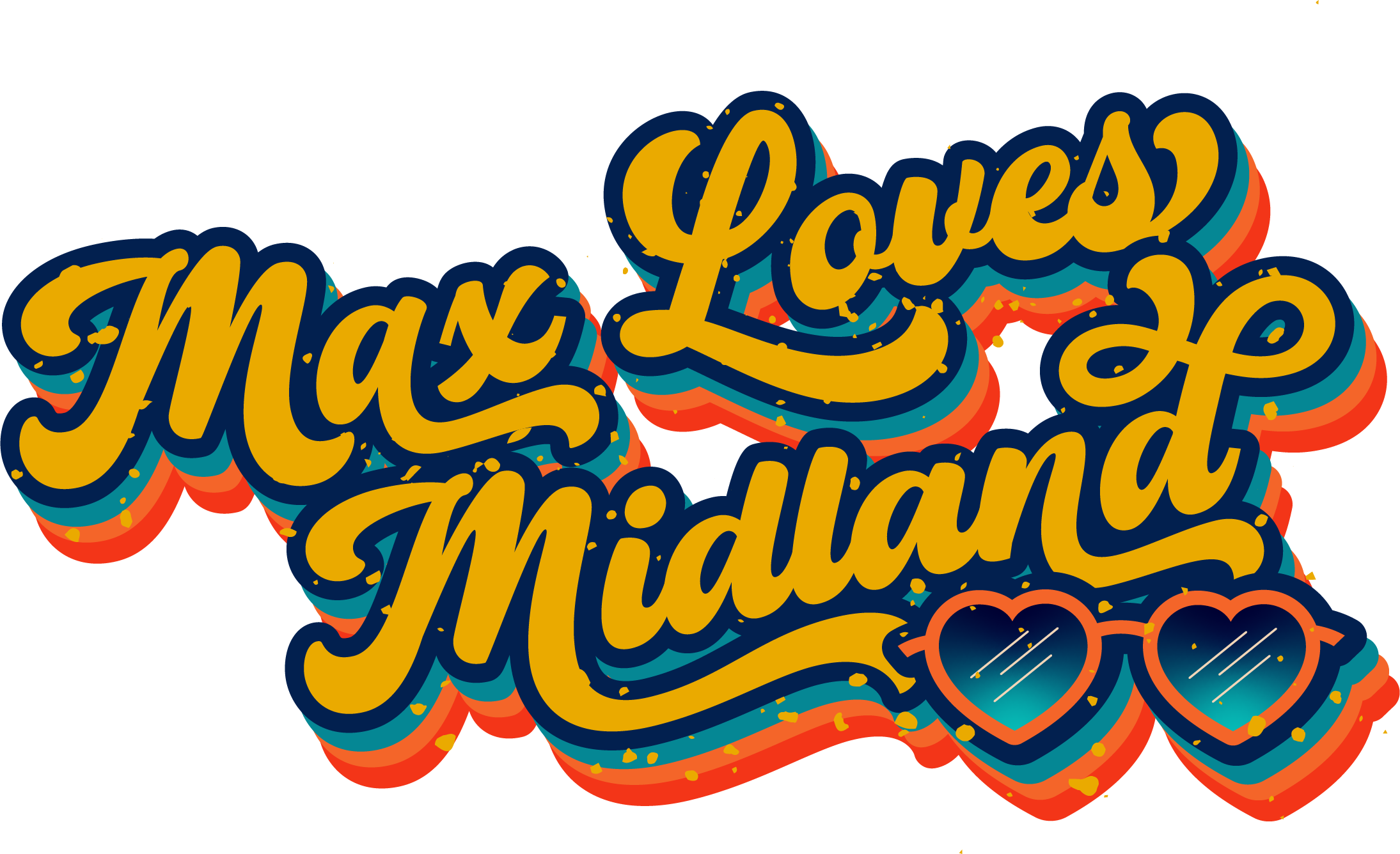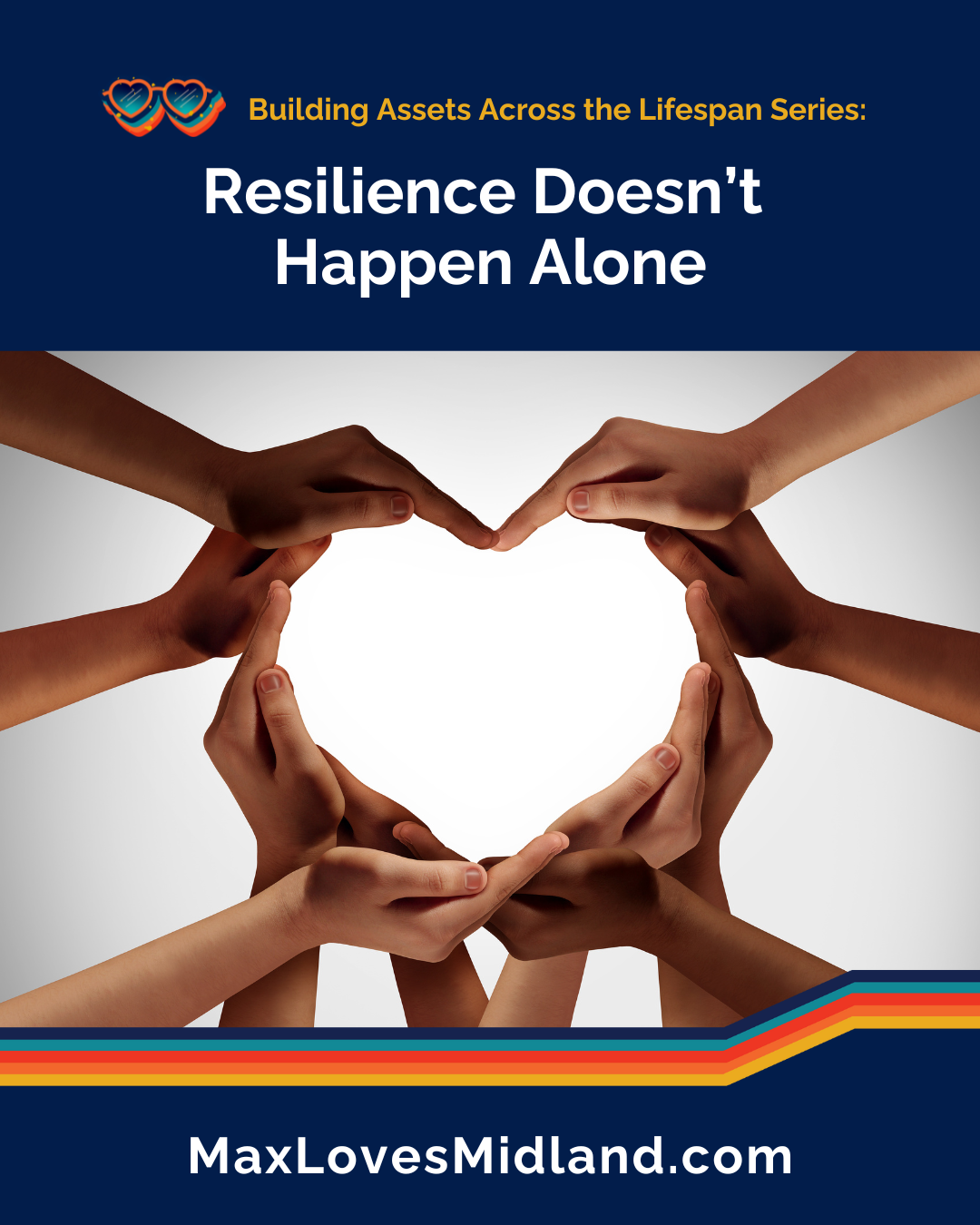Resilience Doesn’t Happen Alone
Building Assets Across the Lifespan 004:
Resilience Doesn’t Happen Alone,
by Trisha Fenby, Job Developer at Independent Community Living
“I spent over 25 years advocating for my autistic daughter, Hollie, to be able to live independently as an adult. My dream was for her to have the same opportunities as her sister and her peers. She belongs here.
It was, and still is, important for her to have choices, to stand up for her values, and navigate her life with some autonomy and authority. But independence was never about doing things alone.
According to the 2022 Center for Disease Control and Prevention (CDC) Data, one in four adults in the United States has a disability. That’s 25% over 61 million adults living with a disability. Another known fact: Disability doesn’t discriminate. Anyone, at any time in their lives, can become disabled.
Hollie’s journey taught me that resilience isn’t built in isolation, it’s cultivated through recognition, opportunity, and connection. So how do we build that kind of resilience in others?
It starts with recognizing their worth. People with disabilities add value to our community. There is a great deal of stigma around having a disability. This impacts the way people are seen. Let’s help our friends with disabilities identify their unique strengths and celebrate this as well as the contributions they make to our community.
Another impactful way to build resiliencies to offer “real world” chances to contribute meaningfully to our community. Equally important, please understand that People with disabilities are not charity cases. They need to recognize societal rules, experience disappointment, and work for the things they desire, just like anyone else. When we offer special treatment instead of equal opportunity, we risk undermining the very autonomy we claim to support. This undermines the hard work that goes into helping them navigate the community. We need to recognize people with disabilities as contributors and citizens. When we do this, we offer opportunities rooted in equity, not pity.
Support also builds resilience. Relationships matter. Whether it is family, friends, or the kind neighbor, friendships lessen loneliness. Relationships provide a sense of belonging, regardless of ability, and help to connect us to our community. Being acknowledged in our community affirms that a person is more than a label.
As a community, how can we build spaces that support relationships? We can thrive in spaces that provide physical access, welcome different communication styles, and offer universal design. Building relationships isn’t just about social connection. It’s about creating spaces where social connections are possible.
I’ve spent years advocating for “independence” for Hollie and for others with disabilities. I’ve worked hard to help Hollie advocate for her own needs, speak up for herself, and establish boundaries that honor her voice. But imagine what Hollie, and others, could do with the support of a connected, inclusive community.
Everyone, including people with disabilities, longs for connection. We connect through community, shared interests, and shared spaces. Providing access to education, employment, and recreational opportunities for people with disabilities will make connection possible and valued.
Imagine a world where every person is seen, heard, and supported. That’s the community I’ve spent 25 years building for Hollie. And it’s the one I believe every person, regardless of ability, deserves.”
-Trisha Fenby
Do you have a Midland County story you would like to tell that aligns with our vision?

